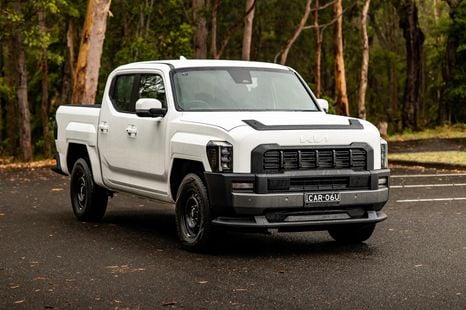

Damion Smy
Kia Tasman drive-away deals extended amid ongoing slow sales
1 Hour Ago
German luxury car giant committed to new business model in Australia that it says benefits consumers. Its dealers have signed up but are demanding damages in court. Deep dive here.

Senior Contributor
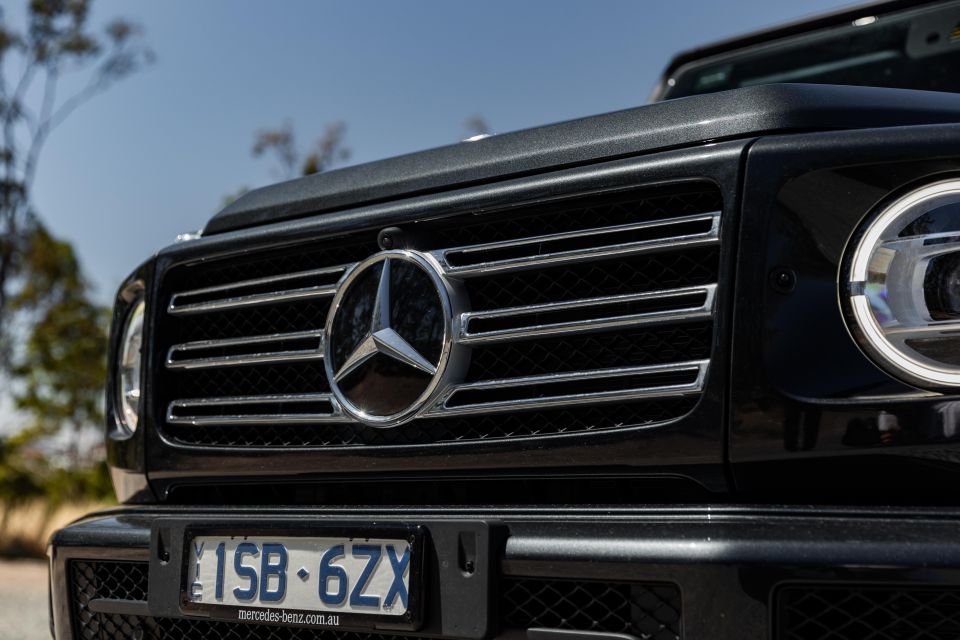

Senior Contributor
Mercedes-Benz Australia is committed to rolling out its new ‘agency’ sales model from 2022, as a majority of its franchise dealers take it to court seeking compensation over claims this new business model will hurt their bottom line.
The agency model kicking off January 1 will see Mercedes-Benz retain ownership of its stock rather than wholesaling it into dealers, set prices nationally with no room for haggling, and pay dealer agents fixed sums per sale.
While Mercedes-Benz’s 50+ Australian dealer operators have all signed up to the revised agreements (after existing dealer agreements all lapsed by design at the same time) they claim to have done so under duress.
They have therefore launched a $650 million compensation case in Federal Court citing good-faith aspects of franchise law being breached. The case will take months or years, and is vanishingly unlikely to be decided by the agency model’s planned January 1, 2022 kickoff – which remains all-systems go.

News of the suit broke in The Australian Financial Review earlier this week. Our sole focus here is on car buyers, not brands or dealers, and with this in mind we want to simply sum up the issue, with input from multiple perspectives.
Mercedes-Benz claims this model will be better for consumers because because all dealers will have access to the same centralised database of cars – no more talking to numerous dealers seeking, for instance, a blue C300 – and adds there’ll be perfect clarity around pricing.
It says it has been consulting with its dealers around the new business model for three years, and entered mediation after aspects of the final draft agreement were rejected by most dealers. Mercedes already uses the agency model in South Africa, Sweden, and Austria.
“Mercedes-Benz Australia/Pacific has operated continuously in Australia since 1958. In that time, we have seen the industry evolve in reaction to the demands of Australian consumers,” the company told CarExpert.
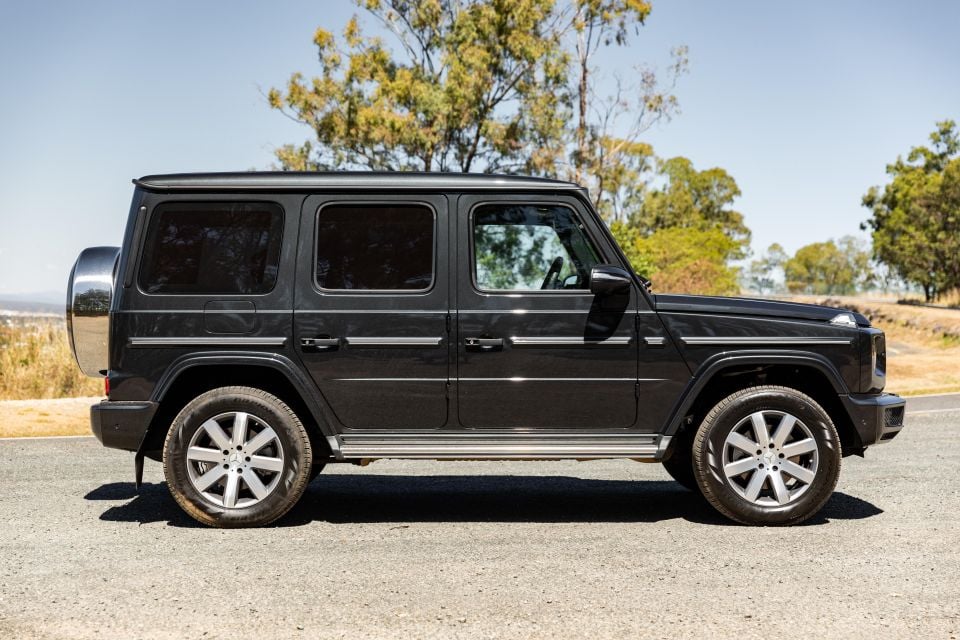
“We have worked collaboratively with our dealer network over the past three years ahead of the launch of the Mercedes-Benz agency model, which will better deliver to the demands of modern consumers.
“It will provide greater price transparency, better choice and a larger model availability for all customers.
“It is disappointing that some dealers have taken this action, but we believe the Mercedes-Benz agency model is compliant with all relevant Australian laws, and we will be defending our position vigorously.”
MORE: Q&A on why Mercedes-Benz is changing its dealer model
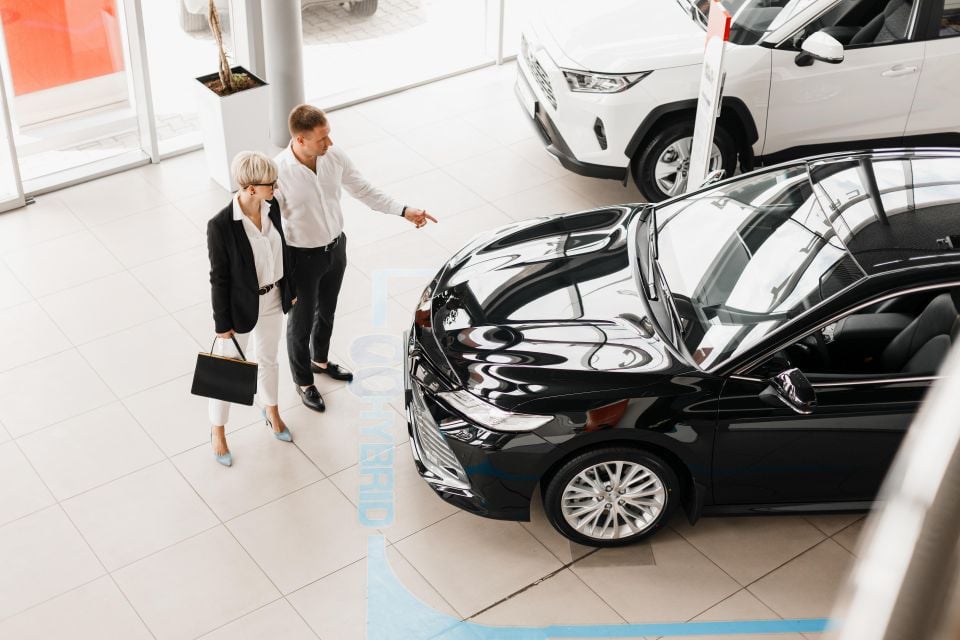
On the other hand, dealers claim agency sales remove any chance of haggling a discount yet will also hurt their bottom lines – despite investing big sums into supporting the Mercedes-Benz brand over decades (in some cases). Hence, asking for compensation that has not been proffered.
We understand about 80 per cent of Mercedes-Benz dealers have signed up to the lawsuit. Those opting out are understood to comprise a few smaller sites as well as those run by global Mercedes-Benz dealer partner LSH, in which Daimler owns a 15 per cent stake.
The Australian Automotive Dealer Association (AADA), which represents Australia’s franchise car dealerships, said it was not involved in the suit but supported the dealers in their fight.
“[They] didn’t want to get to this stage, but they feel they don’t have a choice,” AADA chief executive James Voortman told CarExpert. “It hinges on all the investment that’s gone into the network…
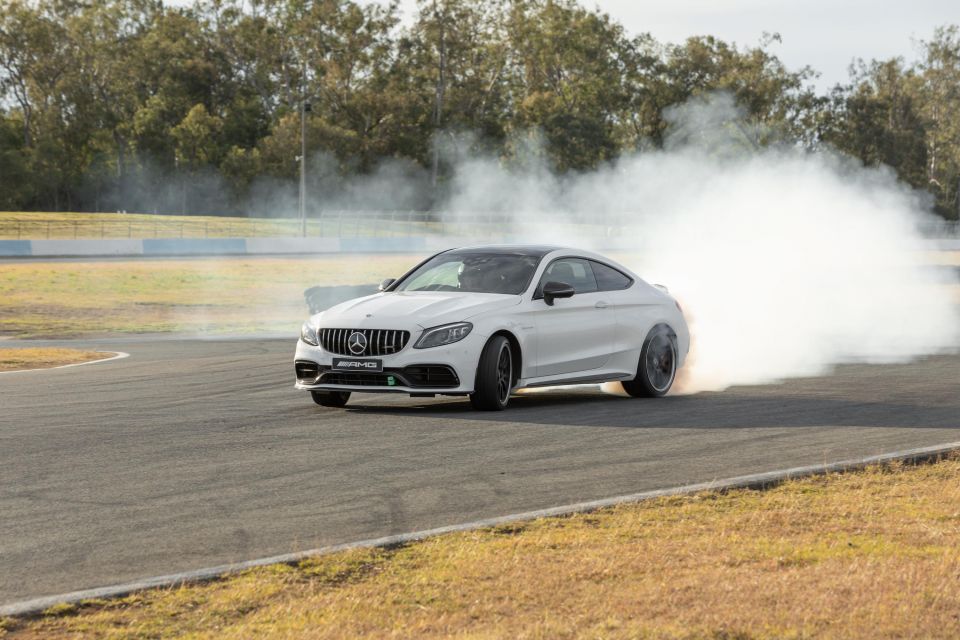
“… Those dealers are our members, the overwhelming majority, all we are doing is playing a supporting role and speaking out on their behalf,” Mr Voortman added, insisting the AADA wasn’t against agency models or direct-to-consumer models per se.
“It’s not about whether we should have agency or not. Tesla [which has no franchisees] never got a hold of 50 Australian businesses and told them ‘we’d like to partner with you, you’re required to spend this much and hire this many people’, and then changed the model.”
A stakeholder in the issue claimed to us that “it’s also about the actual [MB-dealer] agreement, how there was no room to negotiate. It was a ‘take it or leave it’, and it doesn’t sit well with a number of dealers”.
The court case has been launched in the context of an active Federal Government discussion paper into further reform of existing franchise laws, which has prompted sharp disagreement between the representative bodies for car brands and car dealers respectively.
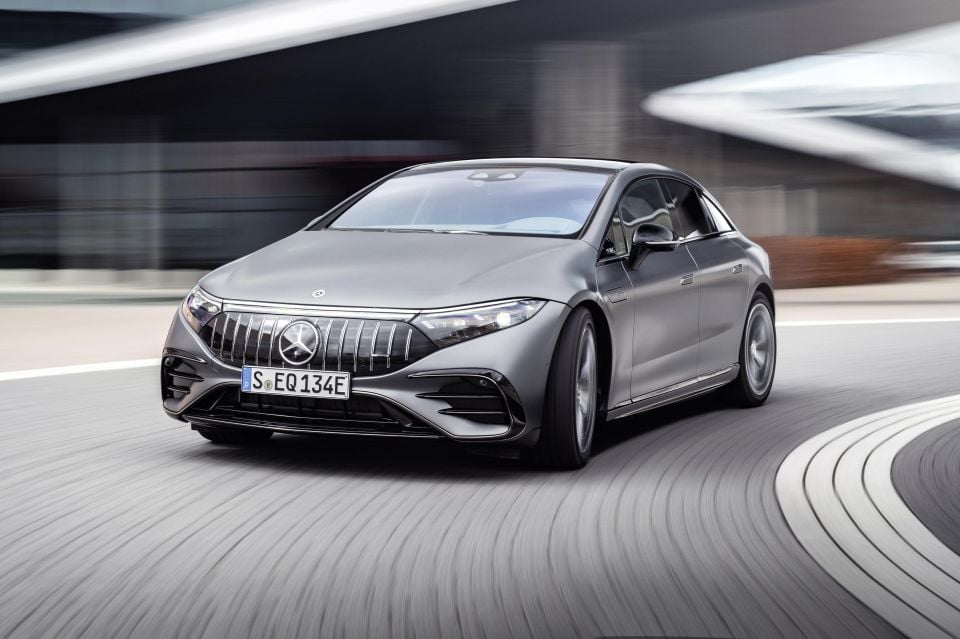
Franchise laws were tightened this year to punish rogue operators in the fallout from the Holden saga, but shortly after the government signalled interest in going further – around setting up a new code of conduct just for car dealers, and establishing mandatory binding arbitration processes to settle car brand versus car dealer disputes without tying up courts.
You can read the full Franchise Code reforms here if you’re interested.
“We have Honda dealers, Holden dealers and Mercedes-Benz dealers in court with the OEM. It’s pretty clear that OEMs know that’s in their favour, with their deeper pockets and armies of lawyers,” Mr Voortman told us this week in the context of mandatory binding arbitration.
Any changes to franchise law pitched by the Coalition government will have the support, it seems, of at least one ALP Senator: Deb O’Neill, who this week said “this is a seminal moment in the history of franchising in this country”.
MORE: Dealers the winners in new Federal franchise code
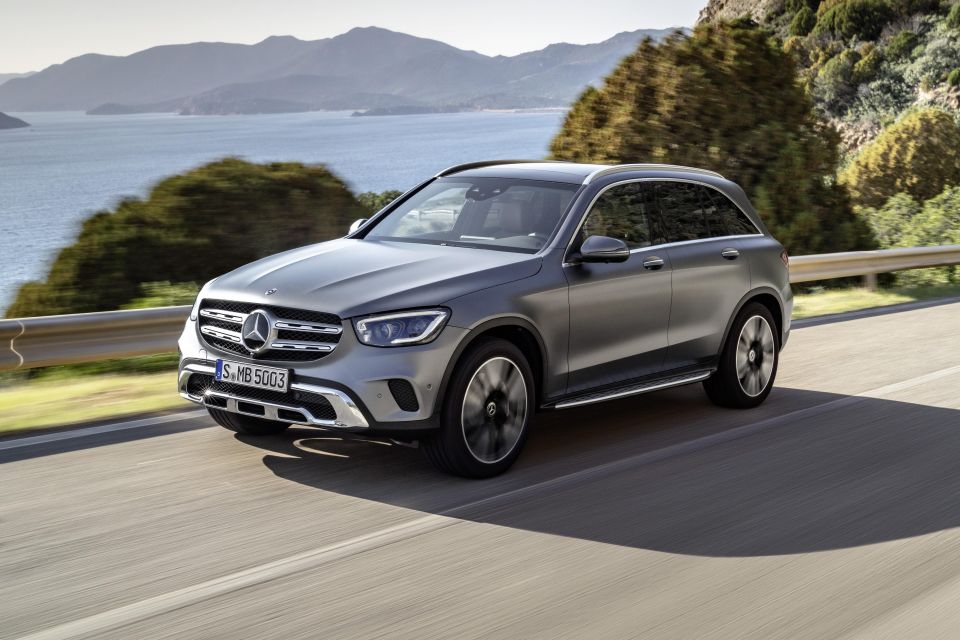
“This battle will decide whether a foreign [original equipment manufacturer] is able to force a model on to its franchisees that will see Australians pay more for cars, see less competition and remove the ability to shop around for the deal they want.”
In retort, the Federal Chamber of Automotive Industries – representative body for Australia’s car brands – has called on lawmakers to let the market decide how cars are sold moving forward.
“Australians have choice in how they buy clothes, electronics and even real estate and want the same choice when buying a new car. They also recognise that limiting these options destroys innovation,” FCAI chief executive Tony Weber said Weber argued.
“… “The agency model is one example that enables innovation and evolution and provides choice and competition to today’s consumers, regardless of where they live, who do not want the same car buying methods and experience their parents and grandparents had.
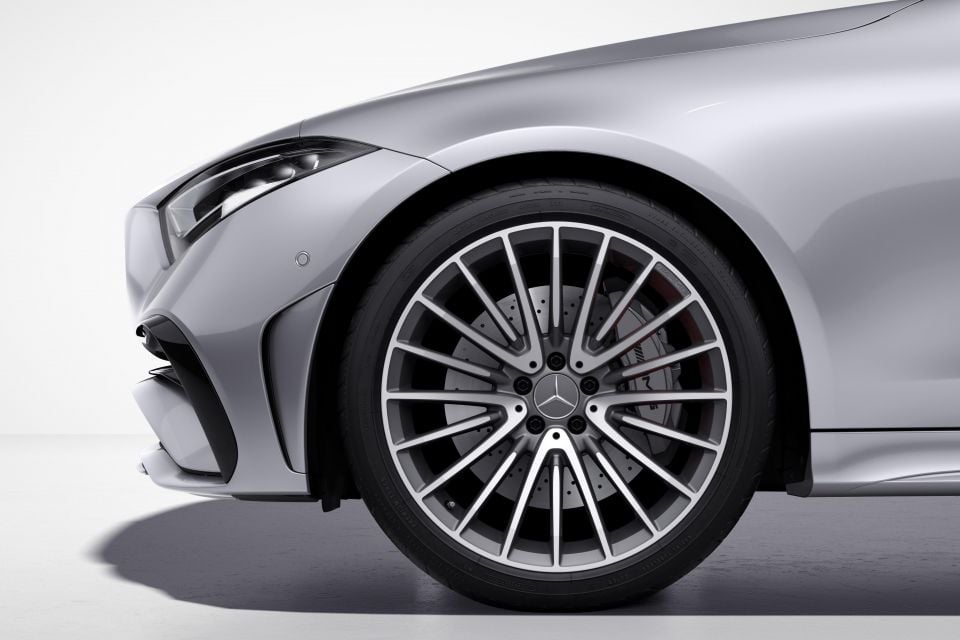
“… Australia has 52 brands and more coming – that is competition and drives down prices. The agency model will for the first time enable regional car buyers to buy any model through their local dealership – not just the models they have on the local lot.”
Deloitte research claims new car sales account for less than five per cent of dealer profit (updated). It claims the more profitable areas of after-sales service, used cars and parts and accessories are unaffected by the agency model.
We’d add that when Honda Australia switched to agency in July this year it slashed its capped servicing prices, however.
One argument that is sometimes put forward by those on the dealer-side of the debate say franchise dealers are often small family businesses battling big global OEMs.
However, market share of single-site operators has been reduced greatly in recent times as ownership concentrates. AP Eagers, the biggest dealer group, claims State-specific market share of between 5.3 per cent and 26 per cent, meaning it has some clear bargaining power.
MORE: Car brands say further dealer protections could hurt consumers MORE: Government accused of prioritising dealers over consumers MORE: Dealers the winners in new Federal franchise code MORE: Q&A with Tony Weber, CEO of the FCAI MORE: Q&A with James Voortman, CEO of the AADA


Damion Smy
1 Hour Ago
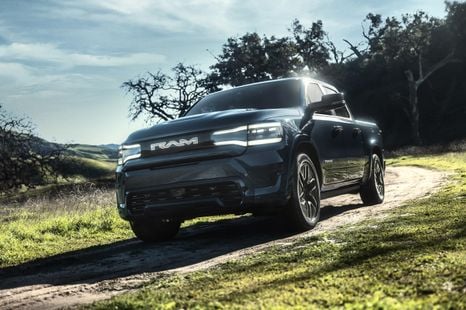

Derek Fung
5 Hours Ago
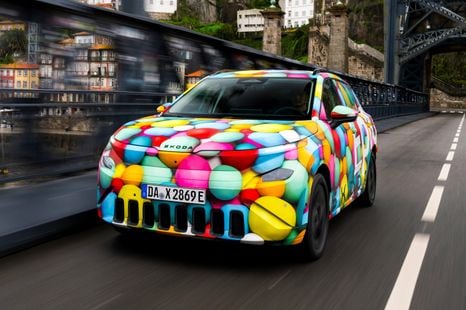

Dave Humphreys
17 Hours Ago

Damion Smy
18 Hours Ago
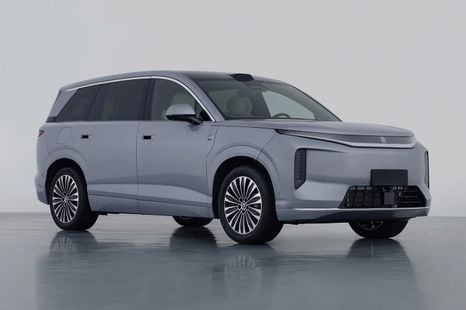

William Stopford
18 Hours Ago
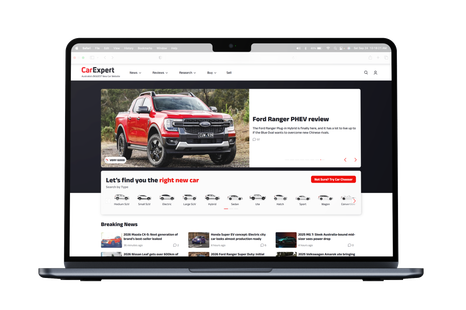

CarExpert
20 Hours Ago
Add CarExpert as a Preferred Source on Google so your search results prioritise writing by actual experts, not AI.